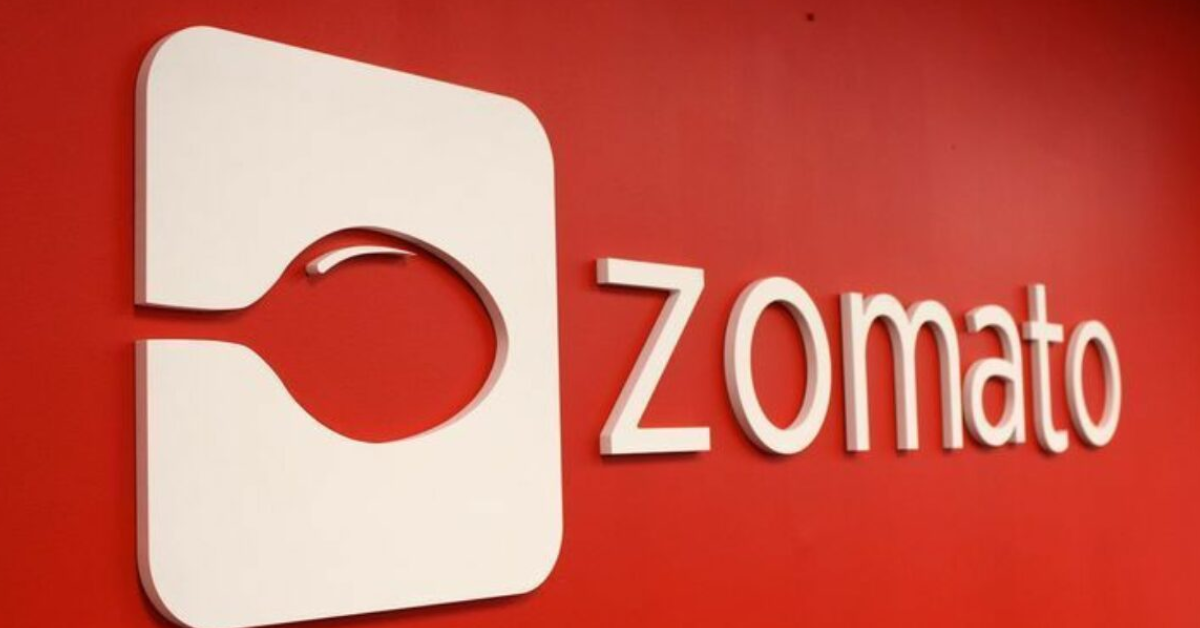Introduction
In a progressive move to support its delivery partners, Zomato has enabled Income Tax Return (ITR) filing through its partner app. This initiative aims to help delivery riders reclaim the 1% Tax Deducted at Source (TDS) on their earnings.
Swift Adoption
Within just 48 hours of launching this feature, over 1 lakh riders have initiated their ITR filing. This milestone was shared by Zomato’s co-founder on X (formerly Twitter), highlighting the rapid adoption and significant impact of this initiative.

Financial Impact
Last year, Zomato paid over Rs 4,000 crore to its delivery partners. With the government mandate requiring businesses like Zomato to deduct 1% TDS from delivery payouts, this translates to approximately Rs 40 crore in TDS. Delivery partners with incomes below the taxable limit will be eligible for refunds, which is expected to benefit a majority of them.
Government Directive and Benefits
In line with the government’s directive, Zomato and similar platforms have been deducting 1% TDS from delivery partner payouts. This initiative not only helps partners reclaim these deductions but also introduces them to the formal tax filing process. According to Zomato's co-founder, this will open doors to structured credit, scholarships for their children, and other financial benefits.
Positive Outcomes for the Gig Economy
Experts tracking the gig economy view this move as a positive development. It formalizes income reporting for gig workers, contributing to the state exchequer and potentially encouraging other companies to follow suit. This step is seen as a significant advancement for the gig economy and government revenue.
Zomato’s Corporate Growth
This policy aligns with Zomato's recent corporate success. The Gurugram-based firm's market capitalization recently exceeded Rs 2 lakh crore, with a record share price surge propelling its co-founder into the billionaire club.
GST Notice in Karnataka
Amidst these developments, Zomato received a Goods and Services Tax (GST) demand notice in Karnataka, amounting to Rs 5 crore, along with Rs 3.93 crore in interest and Rs 50.2 lakh in penalties. Zomato is currently appealing against this order.
Conclusion
Zomato's initiative to facilitate ITR filing for delivery partners marks a significant step towards financial inclusion and compliance. This move not only benefits individual riders but also strengthens the gig economy's contribution to the formal economy. As more gig economy players adopt similar measures, the overall impact on the state exchequer and worker welfare is expected to be substantial.





 CAclubindia
CAclubindia

